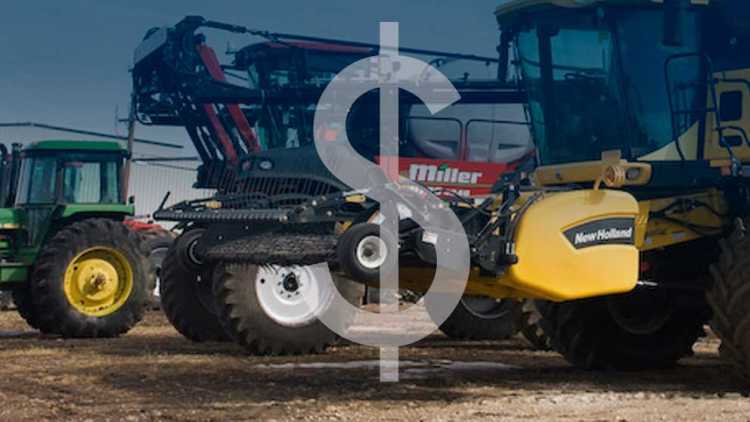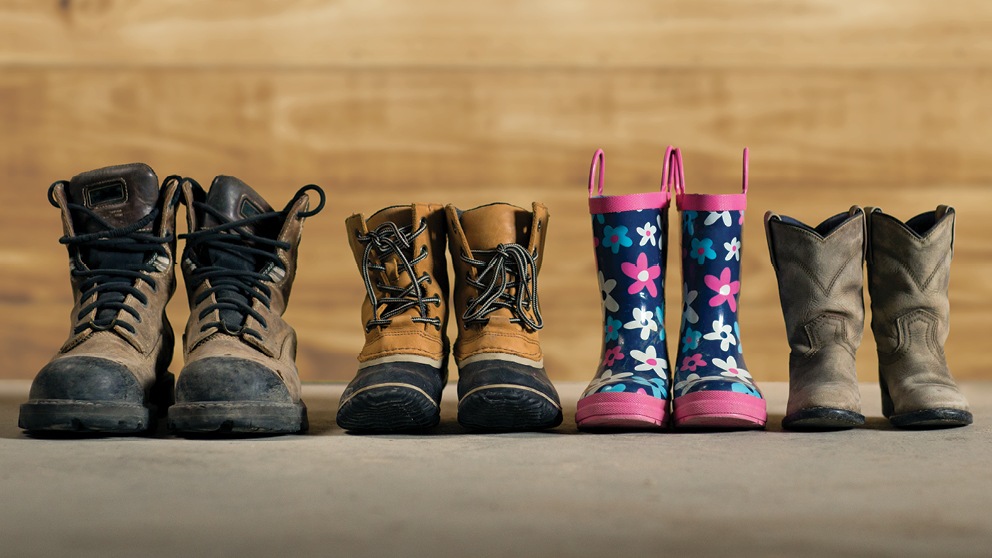Investigate machinery costs for transition plans

Developing the business is a goal for many farm families working through transition. Truly accounting for machinery costs, however, isn’t always considered.
But given the high price of farm equipment, ensuring purchases still support farm profitability is more important than ever.
Big ticket farm machinery can be overlooked during transition planning, but young farmers need to consider how machinery factors into the older generation's retirement.
Machinery value in retirement
For Stuart Person, a Saskatchewan farmer and National Leader, Crop Services at MNP – a national accounting, tax and advisory firm – younger farmers in transition should consider how machinery factors into the older generation’s retirement.
If parents have all of their wealth invested in the farm, they need to be able to withdraw cash from it. The next generation needs to include this in their cash flow planning.
“The perspective of the younger farmer is if they make a mistake, they have time to recover. Exiting parents don’t have that,” Person says. “There are conflicting goals there where one side is in wealth protection mode, and the other is in expansion mode.”
To lease, or to buy?
Person adds the costs of leasing and buying are also not well understood.
When you spend $600,000 on a machine, for example, it depreciates rather than increases in value. This is a real cost that needs to be accounted for, as is the required down payment – which permanently ties equity to the machine.
Leasing doesn’t require a down payment. This option helps farmers to work more within their cash flow, particularly given high purchase prices.
The downside? Farmers who lease don’t accumulate any equity in the equipment.
“It’s basically renting,” Person says. “Farmers need to invest more time and effort in getting a better idea of their cost of production.”
John Molenhuis, Business Analyst Cost Production Specialist at Ministry of Agriculture, Food and Rural Affairs, also says fixed costs like interest and depreciation are not given the same attention as general operating costs, such as fuel.
“You really have to crunch your numbers to make sure it makes sense for you,” he says.
Predictable payments
According to Jeff McGavin, an Ontario equipment dealer and past chair of Canada East Equipment Dealers’ Association, more farmers are leasing because the payments are predictable.
Those who do buy generally don’t keep equipment as long, either. Instead, he says machinery is purchased with full warranty, then re-sold at the end of the warranty period.
Crunch the numbers
Person and Molenhuis reiterate the importance of thorough planning.
“Do proper accrual accounting to know whether you're profitable or not... Know your costs. Take the time and spend a little bit of money for proper financial reporting. That’s critical,” Person says.
Bottom line
Machinery is a major investment and can sometimes be overlooked during transition planning. If an older generation has all of their wealth tied into the farm, including machinery, they will need to withdraw cash, which needs to be included in the younger generation's cash flow plans, for example. Financial advisors recommend producers consider all cost of production factors before leasing or purchasing new equipment.
Article by: Matt McIntosh

A BDO case study exploring how one family worked through the best way to pay their children for working on the farm.